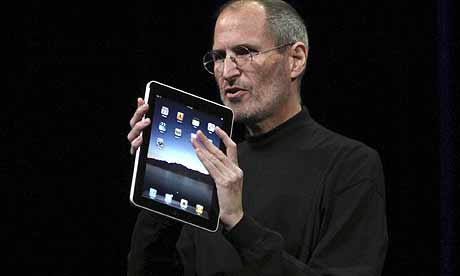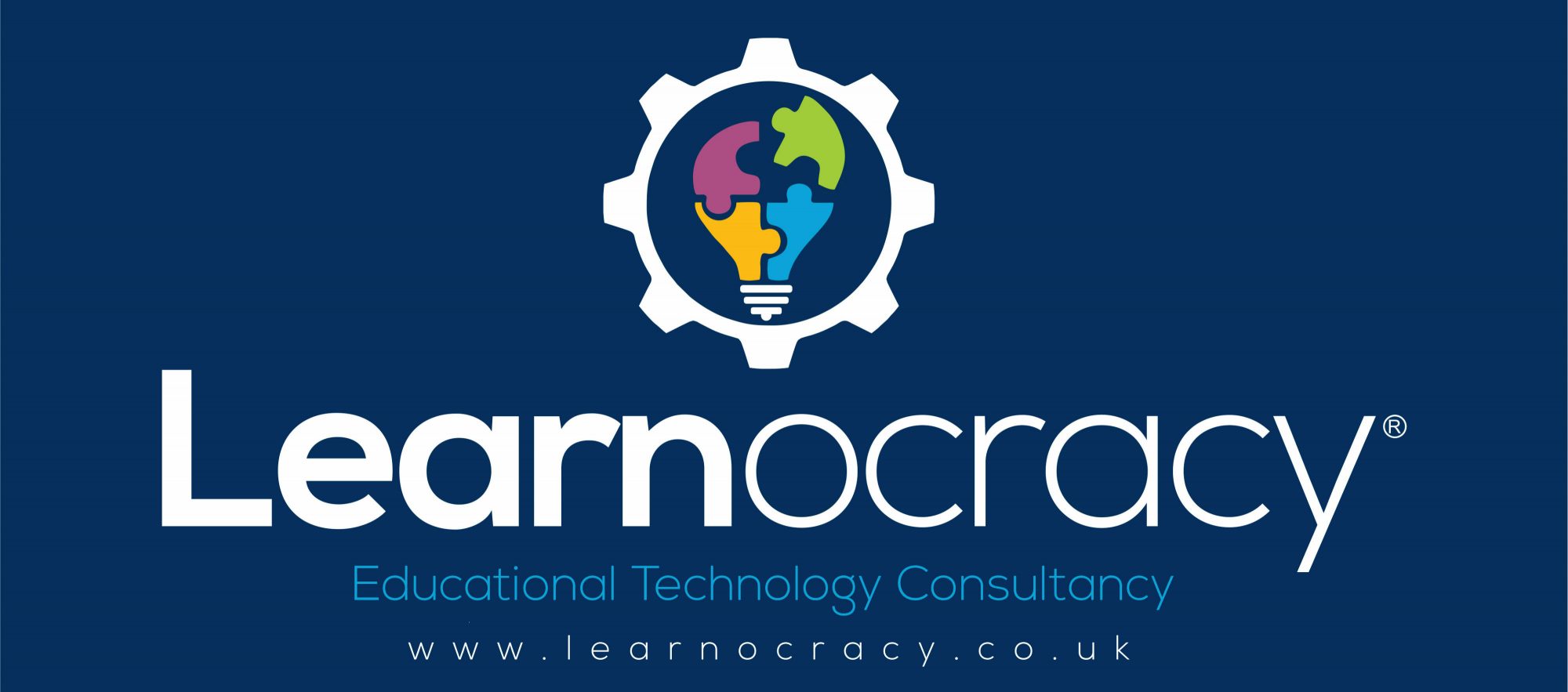 As I’ve been blogging about the development of a School Technology Strategy, I’ve also been reading a recently published book called The Learning Edge by Bain and Weston. It’s a stimulating read in this context because it positions education as failing technology rather than the traditional reverse. That might not immediately chime with readers but bear with me. A few days ago I also read an interesting blog post by Wes Miller in which he explored the concept of ‘Premature Innovation’ in the context of Microsoft. The combination of these two sources has got me thinking…
As I’ve been blogging about the development of a School Technology Strategy, I’ve also been reading a recently published book called The Learning Edge by Bain and Weston. It’s a stimulating read in this context because it positions education as failing technology rather than the traditional reverse. That might not immediately chime with readers but bear with me. A few days ago I also read an interesting blog post by Wes Miller in which he explored the concept of ‘Premature Innovation’ in the context of Microsoft. The combination of these two sources has got me thinking…
Bain & Weston take the reader back to the work of Benjamin Bloom, the famous Educational Psychologist who in 1984 published ‘The 2 Sigma Problem: The Search for Methods of Group Instruction as Effective as One-to-One Tutoring’. In short, Bloom argued that one-to-one tutoring was the most efficient paradigm for learning but that, at scale, it is not practical or economical. He went on to say that optimising a relatively small number of significant variables may in fact allow group instruction to approach the efficiency of one-to-one tutoring. In this context, of particular interest is whether technology might simulate one-to-one tutoring effects such as reinforcement, the feedback-corrective loop and collaborative learning.
The promise of technology in education to date has almost always exceeded delivery and the blame has usually been attributed to technology. But is it really all the fault of technology? Well, Bain & Weston make a very interesting point in the context of Bloom’s research: although Bloom gave us a very useful framework for educational reform, there has been little systematic change in classroom practice for decades. The didactic model is still the beating heart of most schools. The practical implementation of research-based enhancements to pedagogy and curricula in schools has been painfully slow. In a very real sense, technology is the gifted student, sitting at the front with a straight back and bright eyes, full of enthusiasm, and being studiously ignored by educators. Education is failing technology.
Is this the whole story? Well, I certainly think it’s impossible to divorce a school technology strategy from an educational strategy with associated pedagogical and curricular implications. They go hand in hand. For example, a 1:1 ratio of devices to students is not going to make much of dent in learning in a school if the underlying pedagogy is predominantly teacher-led (for example). Technology will only ever leverage the benefits of a sound educational strategy and its practical manifestation. The biggest challenge for school leaders is therefore to construct a rigorous educational strategy and drive the change required to manifest it using research and data to drive continuous improvement. I see limited evidence of this in most schools.
If I’ve convincingly shifted the blame away from technology, perhaps it’s time to balance the scales a little. When reading Bain & Weston’s book, I was struck by the fact that a lot of the research focused on technology that I think fundamentally fails education, regardless of the education strategy. I think bright eyed, bushy tailed technologists sometimes suffer from premature innovation. This is where a seemingly great idea isn’t adopted or fails to fulfil its promise. A startling example from Wes Miller’s blog is the tablet. Tablets have been around for quite a while with very limited adoption before Apple stepped into the market. They launched the iPad and now tablet numbers are burgeoning and 1:1 iPad models for schools seem to fill every other blog post I read. Why?
 As Steve Jobs was well aware, technology does not get used unless it does what it is designed to do really well and certainly better than a manual option. In a classroom, technology needs to work at the pace of the learner and/or the teacher. Even a 5 second delay can interrupt the pace and rhythm of a lesson. It also needs to be intuitive. It is just not fair to expect every teacher to be a technology expert and there isn’t time for endless training. Taking the iPad as an example, it’s hugely popular because a two year old can use it, it’s personal and mobile, wireless technology and the Internet are have matured sufficiently to fill it up with engaging content, and it is reliable. It’s turbo-charged book. The time is right.
As Steve Jobs was well aware, technology does not get used unless it does what it is designed to do really well and certainly better than a manual option. In a classroom, technology needs to work at the pace of the learner and/or the teacher. Even a 5 second delay can interrupt the pace and rhythm of a lesson. It also needs to be intuitive. It is just not fair to expect every teacher to be a technology expert and there isn’t time for endless training. Taking the iPad as an example, it’s hugely popular because a two year old can use it, it’s personal and mobile, wireless technology and the Internet are have matured sufficiently to fill it up with engaging content, and it is reliable. It’s turbo-charged book. The time is right.
Another example of a significant product failure in education due to premature innovation is the Virtual Learning Environment (or Managed Learning Environment or Learning Platform or Learning Management System). In the UK a Government agency called Bectawas responsible for creating a functional specification for this product category. They then used this specification to put in place a framework off which schools might procure. The problem was that Becta tried to create an all singing, all dancing specification and it was just far too detailed. The resulting software created by the market to meet the requirement was therefore horribly over-engineered. The outcome? A very significant number of VLE products languishing in schools, not being used because they’re too difficult. A very big waste of money.
Again, in the VLE space we’re beginning to see disaggregation of the functional components into bite-size and usable chunks rather than a monolith with all the agility of a supertanker. Platforms are beginning to emerge which re-aggregate these simple elements into a manageable whole, retaining and enhancing usability in the process. The result? I’m beginning to see some interesting products in the VLE space.
Let’s not ever lose sight of the fact that technology is a tool and that my School Technology Strategy blog posts are implicitly (and now hopefully explicitly) intended to sit within the context of an educational strategy that attacks the 2 Sigma challenge with energy and evidence. Without educational change, the impact of technology on learning will be a placebo effect [placebo in the sense that there’s nothing fundamentally changing but leaders feel better for ticking the technology box]. It is also the case that, even with a sound educational strategy, technology will only make a difference if it adheres to some very basic principles of usability and usefulness, a test that most technology in schools still fails.
